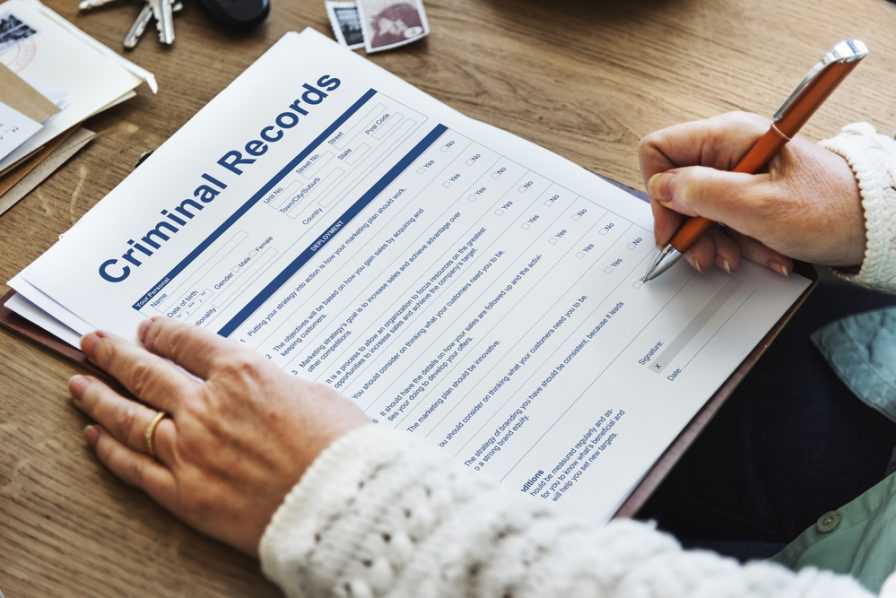Many of us make mistakes in life, but some mistakes can be more serious than others. Committing a crime that’s ended up on your permanent record in some fashion can be hard to work through. It can make it difficult to obtain jobs and maintain a positive reputation in your community.
However, there are legal steps you can take to prevent the impact your record can have on your life. It’s possible to seek expungement, and it’s also an option to potentially have your record sealed.
What is a sealed record and what are the sealed record benefits? Why might this be the right option for your own personal situation? Read on and we’ll walk you through what you need to know.
What is a Sealed Record?
When you are charged or convicted of a crime, this charge becomes a major part of your public record. The key word here is public: that means anyone from the world can look up and access the details of your criminal activity.
Often, if you are charged with a crime, even if you are acquitted, this charge will still be possible to lookup online. Many people find this situation to be annoying at best and prohibitive at worst.
The process of having your record sealed results in a record that cannot be accessed by the public. Doing so can help you to avoid the unfortunate circumstances of having a charge publicly available online.
That means even during background checks for jobs, leases, and other such scenarios, these charges will not be able to be accessed.
This is one step away from expunging your record, which results in the permanent expulsion of a charge from your record. It’s worth talking to an expert about how to seal a record if you think it could be beneficial to you.
Can You Get Any Records Sealed?
The process of record sealing sounds quite advantageous, so why doesn’t everyone do it? The truth is that it can be more difficult to be eligible for this process than you might initially assume.
In order to be eligible, at least ten years must have passed since you were sentenced for the crime in question. The charge in question must also have been one of the first two criminal convictions brought against you.
If you’ve been charged more than two times, you’ll not be able to seek out a sealed record. You also must have no open cases at the time of seeking your seal or expungement.
There are also a number of crimes, such as sex offenses or violent felony offenses, that cannot be sealed no matter the situation.
Understanding Sealed Court Records
Making a mistake deep in your past can still have an impact on your present. It’s for this reason that many people look into getting their records sealed. What is a sealed record? The above info can help you understand all you need to know about this process.
Need more legal advice? Keep scrolling our blog for more.
Related posts
Categories
Recent Posts
Advertisement


